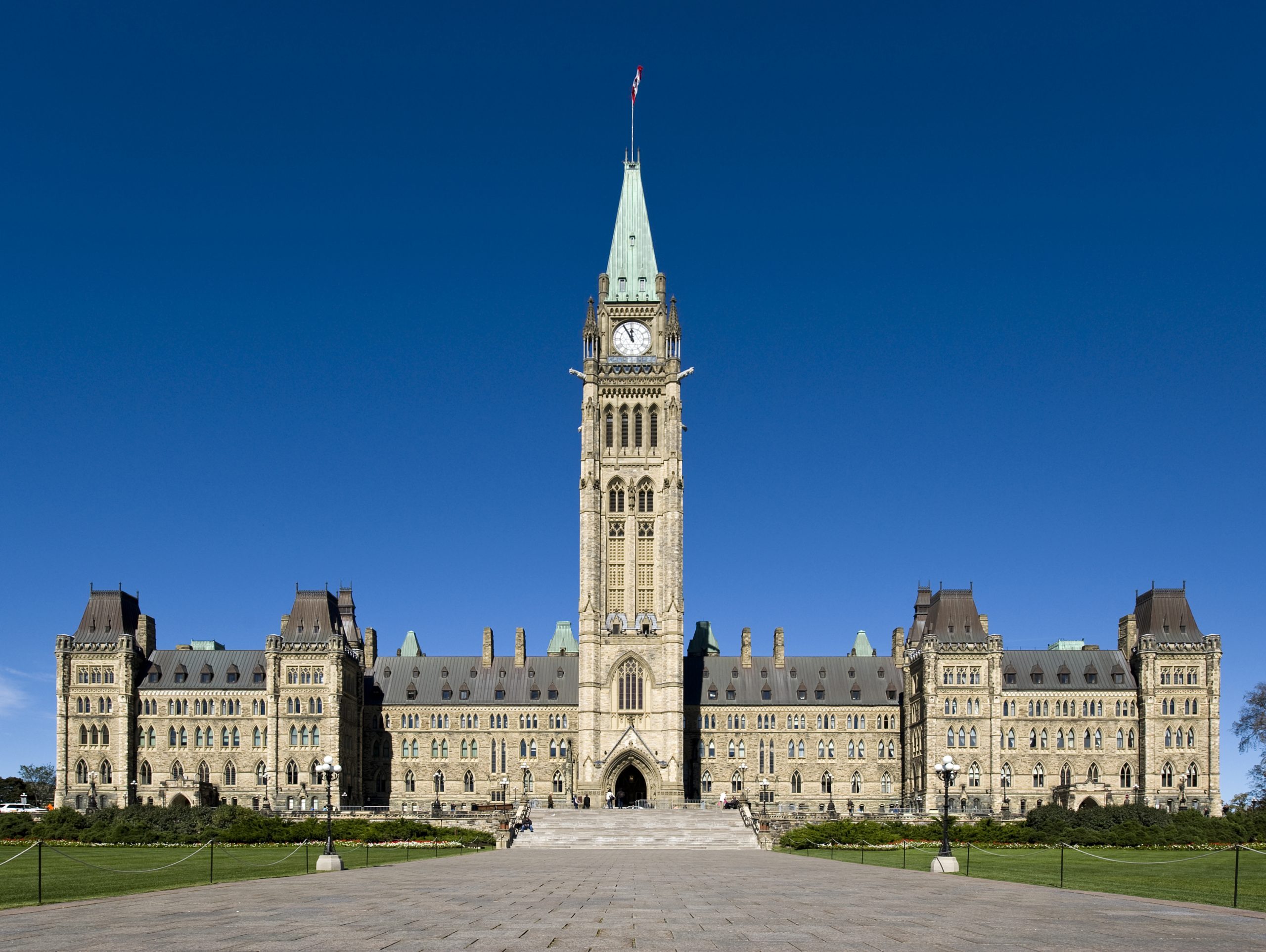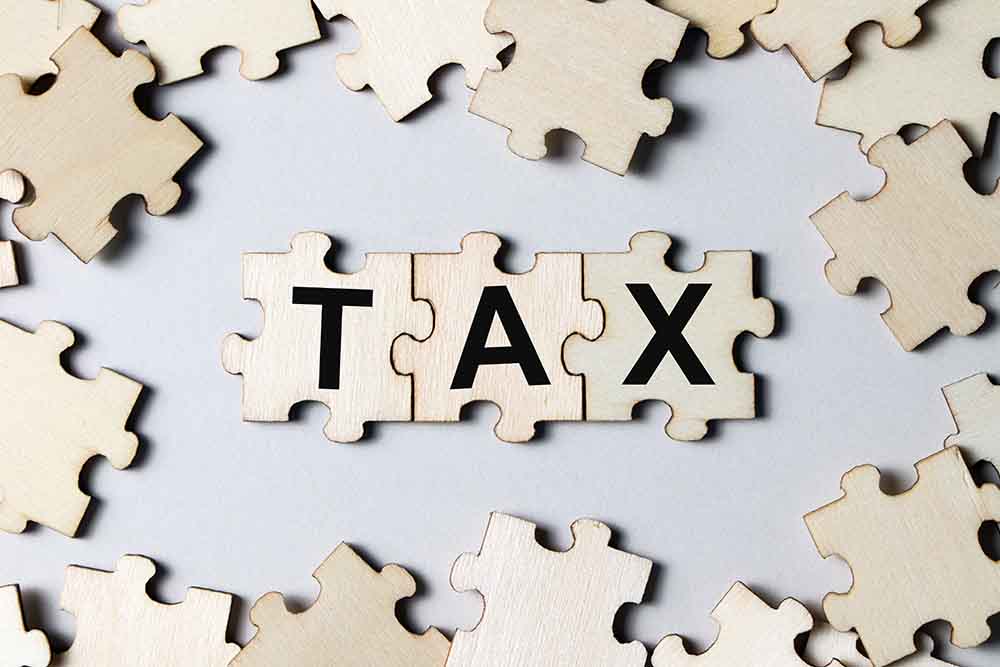

- The 2001 Prairie Tax Load Index is the summation of a province’s key tax rates – the top marginal rates on personal and corporate income, payroll and capital, as well as sales taxes. The Manitoba and Saskatchewan top personal income tax rates are based on a provincial rate times the top federal rate. Alberta has delinked personal income tax from the federal system and now levies a simple flat 10.0% tax on income. Federal taxes are not included in this index. For simplicity’s sake, minor variations in how the tax bases are calculated have been ignored. The maximum capital tax rate used is applied to financial institutions. (Capital taxes, considered by economists to be among the most damaging forms of taxation, are lower on other forms of capital.) The higher the load, the higher the total tax burden.
- The index confirms Alberta’s substantial and growing tax advantage over its prairie neighbours. At March end, 2001 Alberta’s tax load was 33.0%. It has Canada’s lowest business and personal taxes, and no sales and payroll tax. The Alberta government has announced a detailed program to lower taxes, primarily business taxes. Based on this plan the Alberta tax load score will fall dramatically to 21.5% by 2004.
- Manitoba (52.7%) and Saskatchewan (50.6%) presently levy more taxes at substantially higher rates than Alberta. Manitoba has the top marginal personal income tax rate. It also has a slightly higher sales tax than Saskatchewan and is the only prairie province to levy a payroll tax.
- If Manitoba and Saskatchewan fail to make their tax regimes more competitive new investment, jobs, and population growth will occur mainly in Alberta. There are also serious discussions in Alberta about eliminating the personal income tax, perhaps by implementing a provincial sales tax.
- These figures have major implications for Manitoba and Saskatchewan. Without a thoughtful policy response — one that dramatically lowers taxes while maintaining services — their respective tax bases, particularly remaining headquarter jobs, will shift west.
- A rapidly declining tax base means drastic service reductions, unemployment, associated social problems and an accelerating downward spiral.
- Policy reforms needed to respond include introducing a purchaser/provider split into education and healthcare, the sale of crown assets to broaden the tax base and pay down debt, and a shift to leaner, high-performance public sector models that do much more with much less.
SOURCE: Provincial budget documents, Alberta Business Tax Review Committee-Report and Recommendations
Read in PDF format here.



